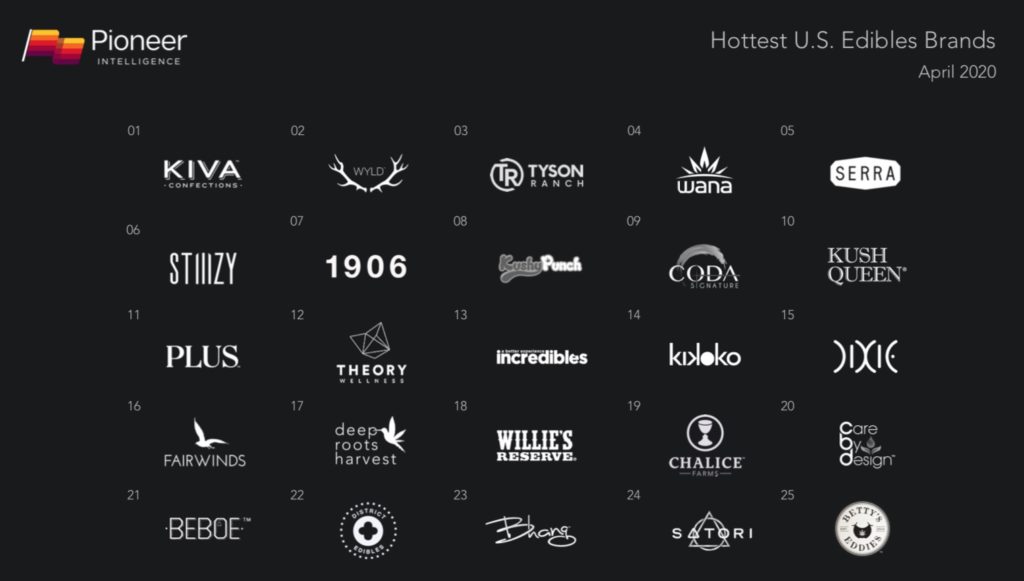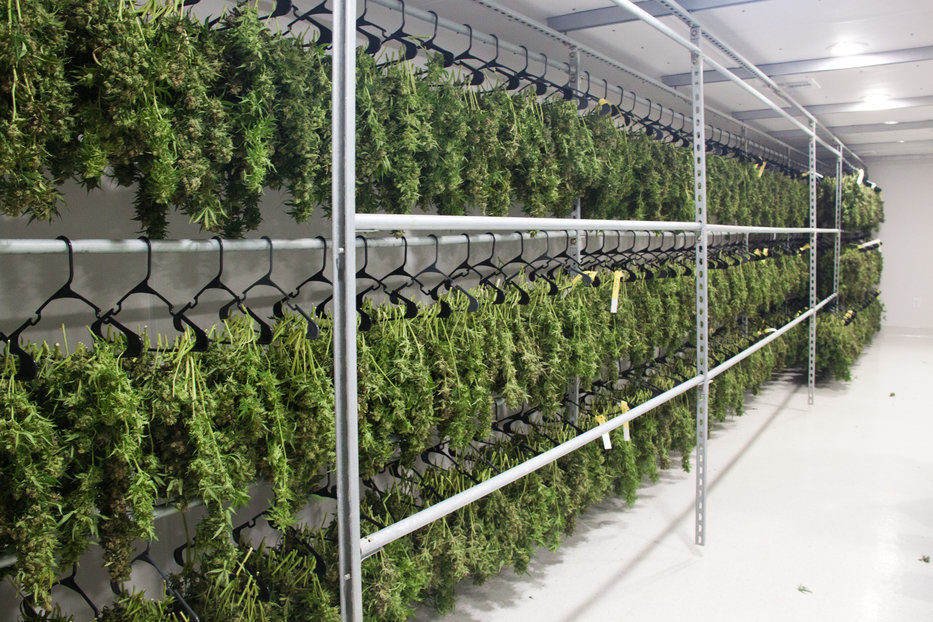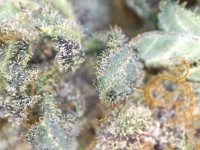Cannabis continues to be a hot sector across the United States; buoyed by its ‘Essential Business’ status during the pandemic, a surge of plant touching and ancillary service providers have set up shop in the past 12 months to capture a share of this burgeoning growth. The cannabis industry is currently the leading job creator in the country, employing almost 430,000 workers according to a recent report from Leafly. Estimates on the overall size of the industry vary depending on the source, but projections of over $100bn in value by 2030 are not uncommon, while M&A activity continues to gather pace after a downturn in 2019. Clearly, investors and the public are bullish on the industry as a segment, with further state legislation to expand the number of adult use and medical markets to come. So why is the directors & officers (D&O) and management liability insurance market not embracing this growth industry?
At its core, a good D&O policy will protect the individual directors, officers and executive teams of companies, including their personal assets, in the event of suits and allegations filed based on their running and oversight of their business. For private companies, this also extends to balance sheet protection and coverage for the entity; for public companies, coverage for securities suits and claims.
The cannabis industry, despite the macro factors propelling its growth, faces numerous challenges when trying to procure D&O insurance. Very few D&O and management liability carriers are willing to entertain cannabis and related risks; even fewer are specialty underwriters willing to provide meaningful, expert coverage which truly addresses the exposures faced by executives and operators in the cannabis industry.
Cannabis D&O premiums can cause sticker shock, typically priced 4 to 10 times higher than non-cannabis businesses. Some operators have an air of invincibility and forego the purchase, believing it is not worth the cost. Meanwhile, the ability to attract and retain talented executives and directors away from other industries typically depends on having this coverage purchased and in place. Yet the outlay can be a burden in an industry which already faces fierce competition for market share, and a disparate tax treatment at a state and federal level.“The value of a D&O policy cannot be overstated.”
Even those carriers and underwriters who do entertain cannabis risks are constantly evaluating the nuances of the space: an ever changing complex state regulatory environment; the relative immaturity of the industry and the hyper-focus on growth; the lack of standardized valuation and accounting; the lack of access to institutional financing; the continued uncertainty of insolvency or restructuring in lieu of federal bankruptcy protections for plant touching companies; the operating inefficiencies for MSOs across state lines and the lack of interstate commerce; in short, the cannabis industry certainly poses its own unique and evolving risks for D&O insurers.
Ultimately the market will continue to evolve for cannabis insureds, as the data matures and the regulatory landscape become clearer. The value of a D&O policy cannot be overstated. Most public companies purchase D&O as a matter of course, but even for private cannabis companies, the right coverage is invaluable. Not having the protection afforded by a D&O policy can be ruinous for a cannabis operator, particularly in a niche area where defending claims and circumstances is complex, time consuming and ultimately expensive – typically much more so than the upfront cost of the D&O policy.
Partnering with the right broker who specializes in both management liability and cannabis is step one to getting the best value coverage. Step two is securing a policy from a dedicated market with underwriters who truly understand the cannabis space and tailor coverage to protect the executives, boards and companies that are driving this exciting growth industry.

























